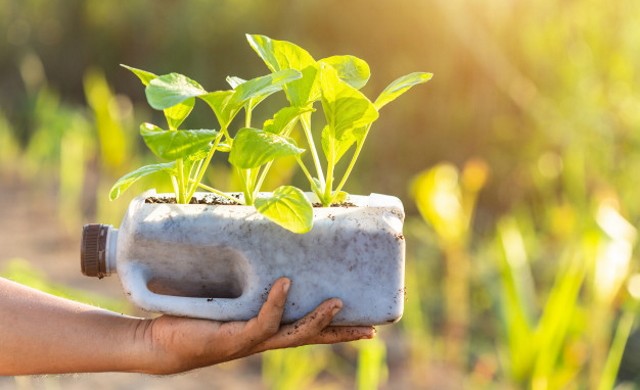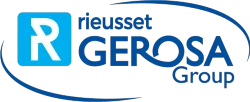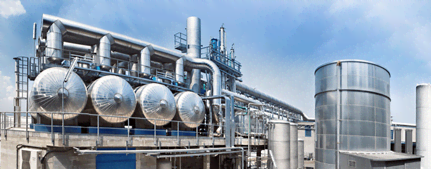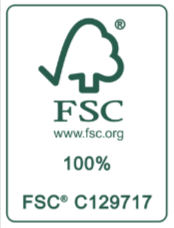
29 May Committed to recycling
Waste is recovered or destroyed
At Rieusset we recycle and recover all possible waste in spite of the fact that this is a costly and complicated option.
In this way, additionally, we comply with the Law on waste and contaminated soils that came into force in 2022 and that includes the EU commitments on the reuse and recycling of waste with the purpose of reaching 55% in 2025 in order to achieve 65% in 2035.
Its objective is to achieve a paradigm shift with regard to recycled plastic, going from considering it a “waste” to seeing it as a “resource”, in order to evolve towards a fully circular packaging economy.
Complying with this Law is a challenge that will only be possible with the coordinated involvement of all the members of the value chain, from companies to administrations, including distributors and consumers.
For Rieusset this is a priority objective and we are already working on different measures to reduce, recycle and reuse our waste.
What waste do we generate and what can we do with it?
The waste generated at Rieusset is mainly:
-
- Paper and cardboard
- Plastics
- Solvent and ink mixture
- Wood
- Ink containers
Below, we show the waste management hierarchy established by the Waste Framework Directive from highest to lowest priority:
- Prevention: The first and most important point is to reduce the generation of waste as much as possible. This can be done in different ways, such as by reducing the use of plastics.
- Reusing: This point varies depending on the type of product (packaging, clothing, ink cartridges, shopping bags…) but it consists of giving the product a new use for the same purpose as the original one.
- Recycling: There are products made of materials, such as plastic or paper, that can be recycled to give them a new use.
- Material valorization: This point consists of using the waste from another process as raw material for new uses. For example, we offer hazardous waste to anaerobic generation plants where it is converted into biogas.
- Energy recovery: As in the previous point, the residues are used. This time, in order to obtain renewable energy.
- Waste disposal: This is the last of the options proposed by the Directive since it is the least environmentally friendly one.
Internal value recovery is the last resort in order to limit the environmental impact of the process. It is based on the consideration of waste as an alternative raw material within the production process of the company. Recycling, value recovery and internal reuse will mitigate the environmental impact of the waste generated while improving the competitiveness of the company and its economic balance.
How do we manage waste at Rieusset?
– Waste disaggregation: All the waste that we generate in the production process is separated by type or by polymer to favor its subsequent recovery. In this way we facilitate the collection and processing of waste managers (we only work with managers authorized by the Generalitat).
In 2022 we generated 1,176 tons of waste, of which 93.8% was recoverable, focusing our efforts on generating the least amount of waste possible and when this generation is unavoidable, separating and storing it in such a way that the maximum possible amount is recoverable and does not end up in a landfill or being incinerated.
Obviously, in our offices, dining rooms and other work areas we also contribute to the separation of the waste that we generate thanks to the usual recycling bins that allow us to separate containers, glass, organic fraction, toner, paper, etc.

Via Inarquia
– Solvent recovery: Rotogravure printing requires a solvent as a vehicle to transfer the ink to the substrate which, during the printing process, evaporates. Following the current waste management regulations, we make sure that this solvent does not reach the atmosphere. The easiest and cheapest option to achieve this would be to incinerate the waste, but at Rieusset we have chosen to have a solvent distillation plant that allows us to recover and reuse it. This has allowed us to recover some 600 tons of solvent during 2022.
– Recovery of hazardous waste: With the aim of reducing the incineration of this type of waste, during 2022 a project was carried out in which we distilled the solvent part of our hazardous waste to use it as a cleaning solvent.
This entails a reduction in the amount of hazardous waste destined for incineration, as well as the reuse of material that was destined for destruction as cleaning material. In this way, by avoiding using new, clean solvent for cleaning tasks, we contribute to the non-use of natural resources.
Recycling spurs us on
In addition to waste management solutions, we are especially aware of recycling in our purchasing and production processes, which is why we also have the following initiatives:
- We design and manufacture new recyclable materials: We have developed a project in which we manufacture flexible packaging and labeling materials that are as recyclable as possible. To do this, we study the material used by our clients and together with the client develop new mono-material solutions that maintain the same qualities of the original packaging or label but, since they are produced with a single polymer, are 100% recyclable.

Via Stbdeacero
- We promote the purchase and use of recycled materials: Whenever possible, we print labels with post-consumer recycled paper. In the same way, during 2023 Rieusset has achieved the ISCC Plus certification by the DNV accredited body, which will allow us to use recycled plastic material for films.
- FSC® certification: We have been certified in FSC® for more than 5 years and, thanks to this, we can guarantee our clients the origin and compliance with the following origin standards of the forest raw materials that we acquire:
- Conservation and improvement of forests.
- An environmental guarantee for consumers.
- The boost to the economy of the areas where these forests are through the creation of jobs and an improvement in the management of CO2 that allows minimizing the effects of global warming.
All these waste management and recycling initiatives have been developed thanks to the internal motivation of the Gerosa corporation to connect with the desire and social awareness of final consumers that leads manufacturer brands to work with companies that manage their entire production process more responsibly.
At Rieusset, we view this change as a major challenge that motivates us to continue improving every day. Do you want to work with a more environmentally aware supply and production chain? Let’s talk!
| We Manufacture: | Meet Rieusset: |






